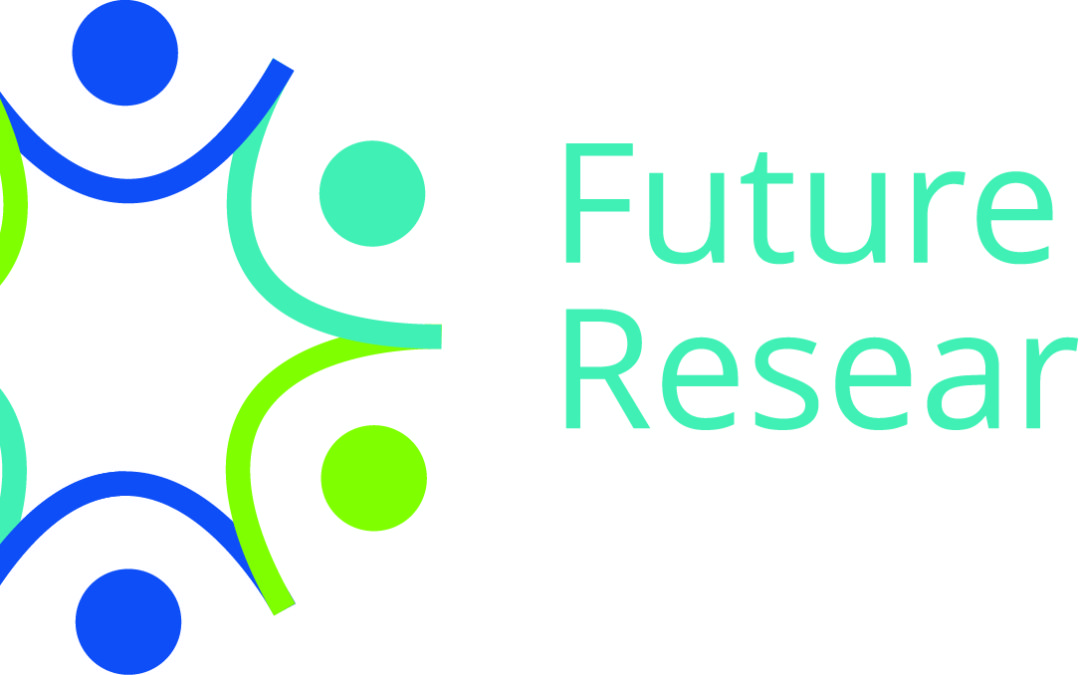This is part of a series of blog posts explaining our push for centering mentoring in academia. We are organizing a meeting in Chicago in June 2019 to take action – you can learn more about the effort here.
Donate to our mentoring effort!
This is a guest post by FoR Board Member Juan Pablo Ruiz, the leader of the mentoring working group
When I speak to folks, regardless of career stage, about my passion for improving mentoring environments and competency among biomedical researchers, especially among those who currently have students and postdocs in their labs, I’m often asked questions relating to the difficulty in defining just exactly what constitutes mentoring:
“How can you define mentoring, it’s so different for everyone, and changes as you develop across a career? No one model fits all.”
“How do you differentiate between supervision and mentorship?”
And more often than not,
“But where’s the data, and how do we know what works and what doesn’t? Aren’t most of those workshops and trainings just a waste of time?”
The thing is, for how much stock most of us, as life scientists, put into data and publications, we are either unaware of, or, more unfortunately, uncomfortable with, data and publications coming from our colleagues in the social sciences. And while many of us have been asking these questions regarding mentoring and lab environments during our lunch breaks or at the pubs after a day in the lab, social scientists have actually been providing a significant amount of rigorous literature on these topics, helping us answer these questions and ask better ones.
In particular, one group, known as the National Research Mentoring Network (NRMN), has been providing mentoring training and assessment for some years now. (Full disclosure, I’ll be starting work with them as a postdoc in January. More on that in a following blogpost). The key to the work NRMN does is the fact that the competency training that they develop and provide comes from their own evidence-based research as well as that of others in the field. Likewise, they evaluate the training modules that they provide to make sure that they actually lead to changes in the actual and perceived competency of both trainees and their supervisors, as well as whether or not they are sustainable and scalable.
In their own words, their mission is to, “To provide researchers across all career stages in the biomedical, behavioral, clinical and social sciences with the evidence-based mentorship and professional development programming that emphasizes the benefits and challenges of diversity, inclusivity, and culture.” The work they do covers a large scope: from train the trainers style workshops, in which they provide the tools for people to expand mentoring competency within their own institutes, to providing a network of scientists who can remotely mentor students at all career stages who feel they need more or better mentoring. The Howard Hughes Medical Institute (HHMI) has for some time now required that all supervisors to their Gilliam Fellows commit to competency training provided by NRMN.
So whether you are an administrator looking to promote or expand mentoring competency in your department, are a PI looking for mentoring training yourself, or an ECR in need of more culturally-aware or diverse mentoring, I encourage you to visit the NRMN webpage or contact them directly to see how they can help you. And the next time someone asks you one of the above questions regarding the difficulty of changing the mentoring culture at your institute, know that there’s published data out there with some of those answers.


